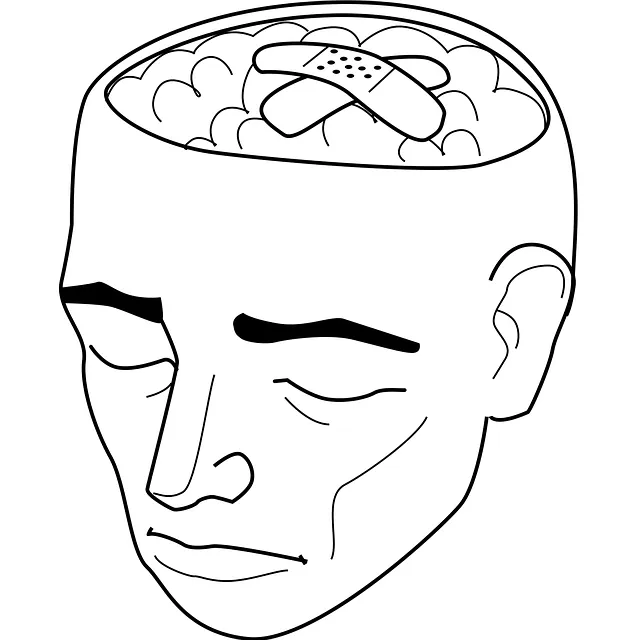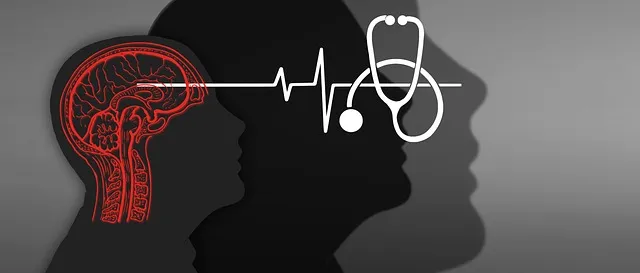The Centennial Kaiser Permanente behavioral health number offers critical crisis intervention services, providing immediate assistance and long-term emotional well-being support. Their dedicated team employs strategies like Mental Wellness Coaching Programs Development and Social Skills Training, prioritizing patient-centered care and cultural competency. Through 24/7 access and holistic approaches, they empower individuals to navigate crises and build resilience, enhancing overall mental health outcomes.
“In times of crisis, effective intervention can make a profound difference. This article explores strategies and resources available at Centennial Kaiser Permanente, highlighting the crucial role of behavioral health professionals in managing mental health emergencies. We delve into key interventions, tools, and programs, focusing on the unique approach of Centennial Kaiser Permanente.
Understanding crisis intervention becomes essential, especially with the support offered by the dedicated behavioral health team, accessible through the facility’s known number.”
- Understanding Crisis Intervention: A Brief Overview
- The Role of Behavioral Health Professionals in Centennial Kaiser Permanente
- Key Strategies for Effective Crisis Intervention
- Tools and Resources Available at Centennial Kaiser Permanente
- Implementing and Evaluating Crisis Intervention Programs
Understanding Crisis Intervention: A Brief Overview

In the face of unforeseen challenges or traumatic events, crisis intervention plays a pivotal role in supporting individuals and communities. It’s a structured approach designed to provide immediate assistance and help people cope with situations that threaten their well-being. At Centennial Kaiser Permanente, our behavioral health number stands as a beacon of support, offering specialized services for those in distress. This swift response is crucial in mitigating the impact of crises, whether they are personal or collective, ensuring individuals have access to the resources needed to navigate turbulent times.
The concept of crisis intervention encompasses a range of strategies, including Mental Wellness Coaching Programs Development, which equips individuals with coping mechanisms and promotes resilience. Additionally, burnout prevention strategies for healthcare providers are essential components, considering the high-stress nature of their work. By integrating these techniques, we aim to foster emotional well-being promotion among those facing crises, offering a holistic approach that addresses both immediate needs and long-term recovery.
The Role of Behavioral Health Professionals in Centennial Kaiser Permanente

At Centennial Kaiser Permanente, behavioral health professionals play a pivotal role in crisis intervention and overall well-being. They are equipped to handle various mental health crises, offering immediate support and guidance to patients facing emotional turmoil. These professionals receive specialized training in acute care settings, enabling them to recognize and manage intense emotional states effectively. With a focus on patient-centered care, they tailor interventions to meet individual needs, promoting healing and recovery.
The behavioral health team at Centennial Kaiser Permanente is committed to fostering cultural competency among healthcare providers. Through ongoing training, they ensure that staff members understand and appreciate the diverse backgrounds and experiences of their patients. This approach facilitates better communication, builds trust, and enhances the effectiveness of crisis interventions. Additionally, professionals encourage patients to develop self-care routines for better mental health, emphasizing inner strength development as a key strategy in navigating crises.
Key Strategies for Effective Crisis Intervention

In times of crisis, immediate and effective intervention can make a significant difference in an individual’s life. When reaching out to someone experiencing a mental health crisis, it’s crucial to employ strategies that foster open communication and provide support tailored to their unique needs. The Centennial Kaiser Permanente behavioral health number offers a dedicated line for such situations, ensuring quick access to expert guidance.
Key strategies include active listening to understand the person’s distress, validating their feelings, and offering non-judgmental support. Encouraging them to share their experiences and emotions can help de-escalate the situation. Additionally, promoting self-care practices like stress management techniques and mindfulness exercises can empower individuals to better cope with future challenges. Long-term strategies may involve Social Skills Training to enhance interpersonal relationships and improve mental wellness, ultimately fostering resilience against crises.
Tools and Resources Available at Centennial Kaiser Permanente

At Centennial Kaiser Permanente, individuals facing crises have access to a comprehensive suite of tools and resources designed to offer immediate support and long-term guidance. The healthcare organization prioritizes behavioral health by providing a dedicated Centennial Kaiser Permanente behavioral health number that connects people to trained professionals 24/7. This timely intervention is crucial for managing acute situations effectively.
In addition to direct crisis hotline services, Centennial Kaiser Permanente offers various programs focused on self-esteem improvement and empathy building strategies. They also provide healthcare provider cultural competency training, ensuring staff are equipped to serve a diverse patient population with nuanced care. These initiatives collectively contribute to a supportive environment that fosters recovery and resilience.
Implementing and Evaluating Crisis Intervention Programs

Implementing effective crisis intervention programs is a critical step towards fostering positive mental health outcomes, especially within communities like Centennial Kaiser Permanente behavioral health centers. These programs are designed to provide immediate support and long-term solutions for individuals facing severe emotional distress or psychological crises. The first step involves integrating these interventions into existing healthcare infrastructure seamlessly. This ensures that help is readily available when needed, with minimal barriers to access.
Evaluating the success of such initiatives is paramount to measure their impact and identify areas for improvement. By utilizing data-driven methods, mental health professionals can assess the effectiveness of crisis intervention strategies in terms of client satisfaction, symptom reduction, and long-term behavioral changes. The Centennial Kaiser Permanente behavioral health number serves as a central point of contact, facilitating efficient coordination and tracking of program participation. This systematic evaluation process not only contributes to evidence-based practice but also allows for the refinement of programs like Mental Health Education Programs Design, ultimately boosting individuals’ confidence and self-esteem through proactive crisis management.
Crisis intervention is a vital service provided by behavioral health professionals, such as those found at Centennial Kaiser Permanente. By understanding the key strategies and utilizing available tools, organizations like Centennial Kaiser Permanente can effectively support individuals during crises. The guidance outlined in this article, including the role of professionals and specific interventions, equips readers to navigate and implement crisis intervention programs successfully. For more resources, interested parties can explore the comprehensive offerings at Centennial Kaiser Permanente, which prioritize behavioral health and well-being.






